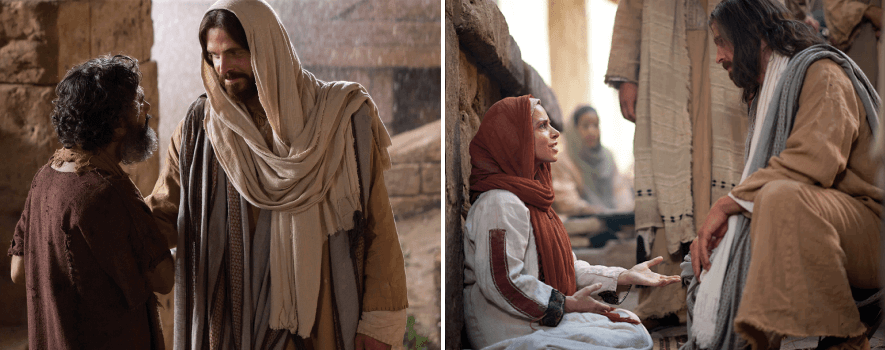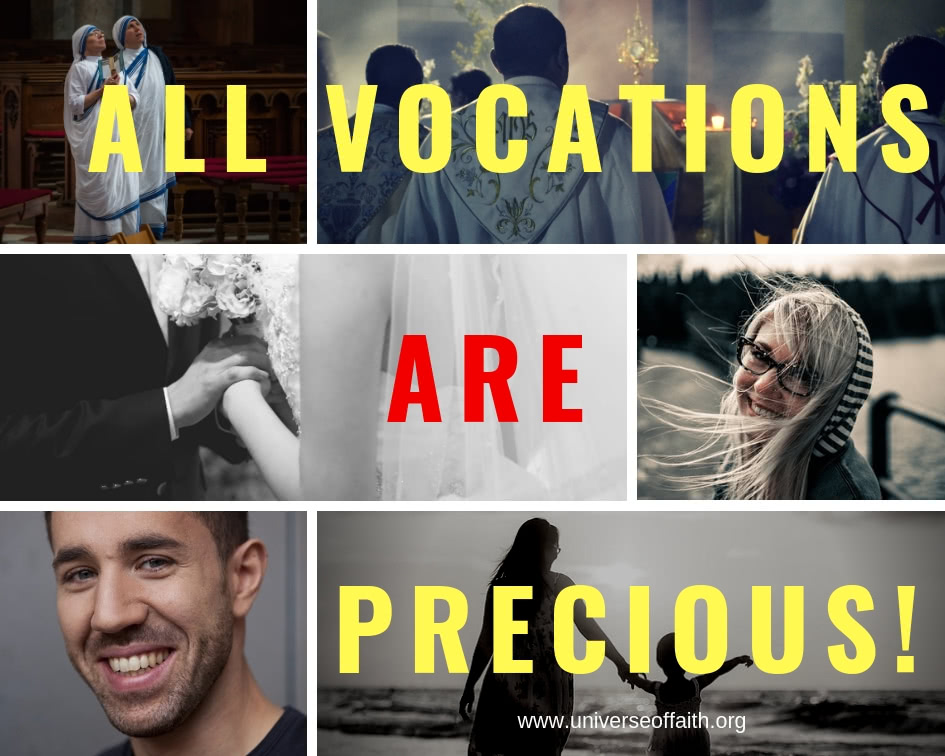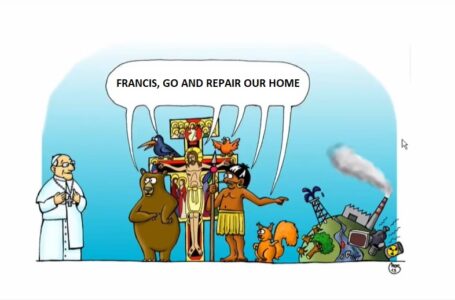Exploring the Single Life Vocation – Why has God Left Me Single?

This article describes the challenges and the fruit of the single life vocation. “Vocation cannot be reduced to states of life, marriage, priesthood, religious life, single life…. vocation is the call of God addressed to each person.”
The single life vocation in different life circumstances
Very often we speak about the married life, those who become priests and those who choose to live a religious life. But very often we forget about people who live a single life even though they did not want to choose that life. They also are asking the question: What is my vocation? I did not choose to be celibate but find myself single! Is there a purpose? Is this God’s will for me? Why has God left me single?
We cannot conclude that this is a homogeneous group. There are those who for some reason or other wanted to marry or join the religious life but could not. Others who were married and separated/divorced and now live alone (even though they may also have a child). Thus, to fall into generalisations is misleading. Yet one can identify a number of “attitudes , ways of living and thinking. And through these we try to discover how to live the call of God. Here we will focus on three “attitudes : painful resentment, the need for hope, a search on how to be fruitful.

Attitude 1 – Painful resentment of living a single life:
In our contemporary society, it is quite difficult to accept frustration. This can make it more difficult for people who are seeking a partner and do not succeed. Moreover, contemporary culture places a lot of emphasis on “sexual fulfilment reducing sexuality to genitality, and this can make life more difficult for Catholics who want to live with integrity. On this level, it is worth exploring the truth of the ‘body’ as temple of the Holy Spirit where genital sexuality is not the only way of expressing one’s ability to love and connect.

Other frustrations arise from a lack of pastoral care for people who are single. They are rarely mentioned. Moreover, many confuse between state of life and vocation. Whereas there is a specific search for a state of life , marriage, priesthood, religious life , vocation cannot be reduced to states of life. Vocation is the call of God addressed to each person, whatever their state of life, in order to live in fullness of life. What counts is one’s response to this call to holiness, that is, the gift of self. This opens up avenues for people who are single that also enables them to overcome the voices that instil guilt: “maybe I have missed God’s call ; “maybe it’s my fault ‘; “maybe I am not good enough .

Attitude 2 – Need for hope in living a single life:
A good number of people live with the feeling of always waiting for a providential partner. This can block them from taking a decision and give direction for their life. They can be tempted to remain waiting. While waiting for a partner, one can stop from investing in friendships marked by mutual sharing. Moreover, their life is not marked but the usual stages of married life , like first years of marriage, children, children’s children, etc.

In this context, the Christian is invited to reflect on the value and meaning of life as a whole. Jesus reaches out to people whatever their situation. He communicates to them that the value of their life is not dependent on whether they are married or not. He presents himself as the way, the truth and the life. We learn to find our true meaning in Him. What we do in life does not capture the whole meaning of life. This could be one of the gifts that single people share with others. Also, single people are invited to invest in healthy relationships, good friendships that are not marked by seduction or jealousy, nor possession or exclusiveness. The fruit of such friendships they can share with more people.

Attitude 3 – Search on how to be fruitful in your single life:
Within us there is a desire to be fruitful. Yet this can be challenging when a person does not have his/her own children. In contemporary society this has become more perplexing given that, with the separation of sexuality and conception, people speak of the “right to have a child and actually it has become possible to get a child. A Catholic who refuses to go along this way can appear to be acting in a strange way.

On this level it is worth remembering that the condition that the Gospel gives for fruitfulness is not marriage or priesthood but “union with Christ . If one remains in the vine, one produces fruit in abundance (John 15, 5). Thus, revaluing the sacrament of baptism opens up avenues of living one’s vocation and giving fruit by giving one’s life for others. This goes beyond efficiency and being totally taking up by one’s career. Moreover, in a time where married life and priesthood is very often discredited, the witness of the single people can be an important, complementary and necessary blessing.

Read more:
– Celebrating the Single Life, Susan Annette Muto, 1985
– Feeling Insecure – Love As The Greatest Security
Watch:












